They — or their families — are truly rich, some for generations. They usually appear in public with great reserve. Yet once a year, their names appear on the list of Germany’s wealthiest citizens published by Manager Magazin.
Walter Droege
Do you know Walter Droege? Probably not — and you likely never will, because he has no interest in that. None. The man lives as he looks: unassuming, without any obvious status symbols, driving an ordinary Mercedes. Anyone meeting him might mistake him for a tax officer.
Which wouldn’t be far off his field. Droege’s business is money — and multiplying it. He produces nothing, sells no goods — he buys and sells companies. Entire firms or parts of them. He acquires them, often in bad shape, restructures, modernizes, and makes them attractive again for resale. In the trade, this is called “making the bride pretty.” Once she is, she goes on the market. The difference between what Droege paid and what he sells for is usually a hefty amount of euros.
He did that years ago with Madaus — quite profitably. It didn’t work out with the publishing group Weltbild, which went bankrupt at the end of last year. In such cases, Droege doesn’t hesitate: if a business fails, it’s shut down and employees are dismissed — period.
Droege is not known for charitable thinking. But he is nature-oriented: on his farm in Westphalia, he runs agriculture and breeds horses. The surrounding land is his hunting ground. A stark contrast to his firm’s headquarters near Düsseldorf’s Karlstadt — an office building from the 1950s preserved in its period style. Inside, modern paintings and sculptures reveal his passion for contemporary art. Together with the Viehof brothers (former Allkauf owners) from Mönchengladbach and the art consultant Helge Achenbach, Droege and his wife Hedda founded the Rheingold art collection years ago.
Estimated wealth: €5 billion
The Henkel Family: Albrecht Woeste & Simone Bagel-Trah
You may have heard the name Albrecht Woeste — if you’re a Fortuna Düsseldorf fan (he served on the supervisory board starting in 2009) or if you’re involved in the local citizens’ foundation, which he supported with his name and connections. Woeste exemplifies the somewhat old-fashioned word affable — friendly, approachable, and kind, especially to those socially below him. In other words: he never flaunts being a billionaire, although as owner of his own company, he is one of the most influential shareholders of the Henkel Group (Persil, Pattex).
For years, he chaired a committee that gathered the many branches of the extended Henkel family — a position not without its tensions.
Today, the chairwoman of this assembly is Simone Bagel-Trah. Like Woeste, she is part of the Henkel lineage — though even more discreet. Inside the company, however, she’s known as extremely determined.
Family fortune: €19.5 billion
Josef Klüh
You can say many things about Josef Klüh, but not that he’s shy. The head of the Klüh Group — employing between 40,000 and nearly 60,000 people worldwide — always loved a grand entrance. I once saw him live in 1988 at the old ice stadium on Brehmstraße during a DEG game against Landshut. Back then, he was the club’s president. What caught my eye was his fur-trimmed coat and boots with poorly concealed high heels. Klüh is, well, not tall.

Company founder Josef Klüh. Photo: Andreas Endermann
His business, which began after the war as a small cleaning company with just a few workers, has gone global. Through a local subsidiary, it cleans the Burj Khalifa in Dubai and the Athens Airport. Recently, the 83-year-old has been seen less often, reportedly due to illness. The company is now managed by a CEO.
His son Roger (60, now a grandfather) travels the world as a private entrepreneur. Together with his partner Jessica Frühbrodt, he launched a fashion [and supplements] line — APACHE STAR® — now also available in the United States.

Roger Klüh with his partner Jessica Frühbrodt at the Blue Motion Night of the Boat Show. Photo: Wolfgang Harste
How rich the Klüh family truly is remains hard to determine. Estimates range between €170 million and €700 million. Since the company is not publicly traded, its revenue offers some guidance: in 2023, it exceeded one billion euros.
The Oetkers
The Oetker family is spread across Germany, but one branch resides in Düsseldorf. Their family office on Königsallee manages their financial activities. The doorbell bears no name — only an inconspicuous three-letter abbreviation.
Suzanne Oetker-von Franquet became known in the city through her leading role at the local citizens’ foundation, where she was instrumental to its success. Her husband Roland Oetker once served on the supervisory board of the Rheinische Post. Insiders say he’s not part of the inner circle of the clan.
The total wealth of the various Oetker branches lies in the single-digit billion range — around €2.2 billion.
Heiner Weiss
Heiner Weiss passed away in September at age 83. He was the principal shareholder of the machinery manufacturer Schloemann-Siemag, headquartered in Düsseldorf. The city’s business elite knew him for decades, meeting him regularly at the Industrie-Club next to the Steigenberger Parkhotel or in supervisory boards of Deutsche Bank, Commerzbank, and Bertelsmann.
I knew him through private contacts and occasionally met him while walking in Meerbusch.
Wealth: €1.2 billion
Patrick Schwarz-Schütte
Few in Düsseldorf would recognize Patrick Schwarz-Schütte, but everyone knows his most famous property: the Dreischeibenhaus. It doesn’t belong to him personally but to his investment firm, Black Horse. Originally from Monheim, his family made its fortune with Schwarz-Pharma. Today, he is among Germany’s major investment managers.
Wealth: €2.2 billion
Paul-Otto Faßbender
Paul-Otto Faßbender occasionally appears with his wife at Düsseldorf society events but otherwise lives privately. Almost everyone in the city, however, sees the building he commissioned and likely occupies at the top floor: the ARAG Tower at the Mörsenbroicher Ei — visible from afar.
The insurance group is a major player. What few know: the original, slightly concave headquarters nearby was built with a strict height limit — not to exceed the neighboring church of St. Franziskus-Xaverius. That was the wish of founder Heinrich Faßbender. Other descendants remain deeply religious today.
Wealth: €0.9 billion
Walter Brune and Family
Because he shaped Düsseldorf’s cityscape with the Kö-Galerie and Schadow Arkaden, Walter Brune deserves mention. He died in 2021, and now his son Christoph runs the company. The Kö-Galerie, once owned by Brune, has long been sold — reportedly to a daughter of Allianz Insurance — and is operated by ECE, the shopping-mall specialist managing other properties like the Bilker Arkaden.
Each time Brune appeared on the Manager Magazin list and I named him among Düsseldorf’s richest, he called me. “That’s misleading,” he said. The wealth was tied up in properties — many mortgaged. True then, true now. But with its extensive real estate holdings, the Brune Group still belongs on this list.

The architect Walter Brune in 2016 on his 90th birthday in the park of his bungalow in Rath. Photo: Andreas Endermann
He loved to sail off the Seychelles (where he earned a diving certificate at 88), owned a vast hunting estate near Haiger (Hesse), and a house in southern France — facts known only to insiders.
Wealth: €0.7 billion
Source: Originally published by VierNull.de, October 17, 2025, by Hans Onkelbach
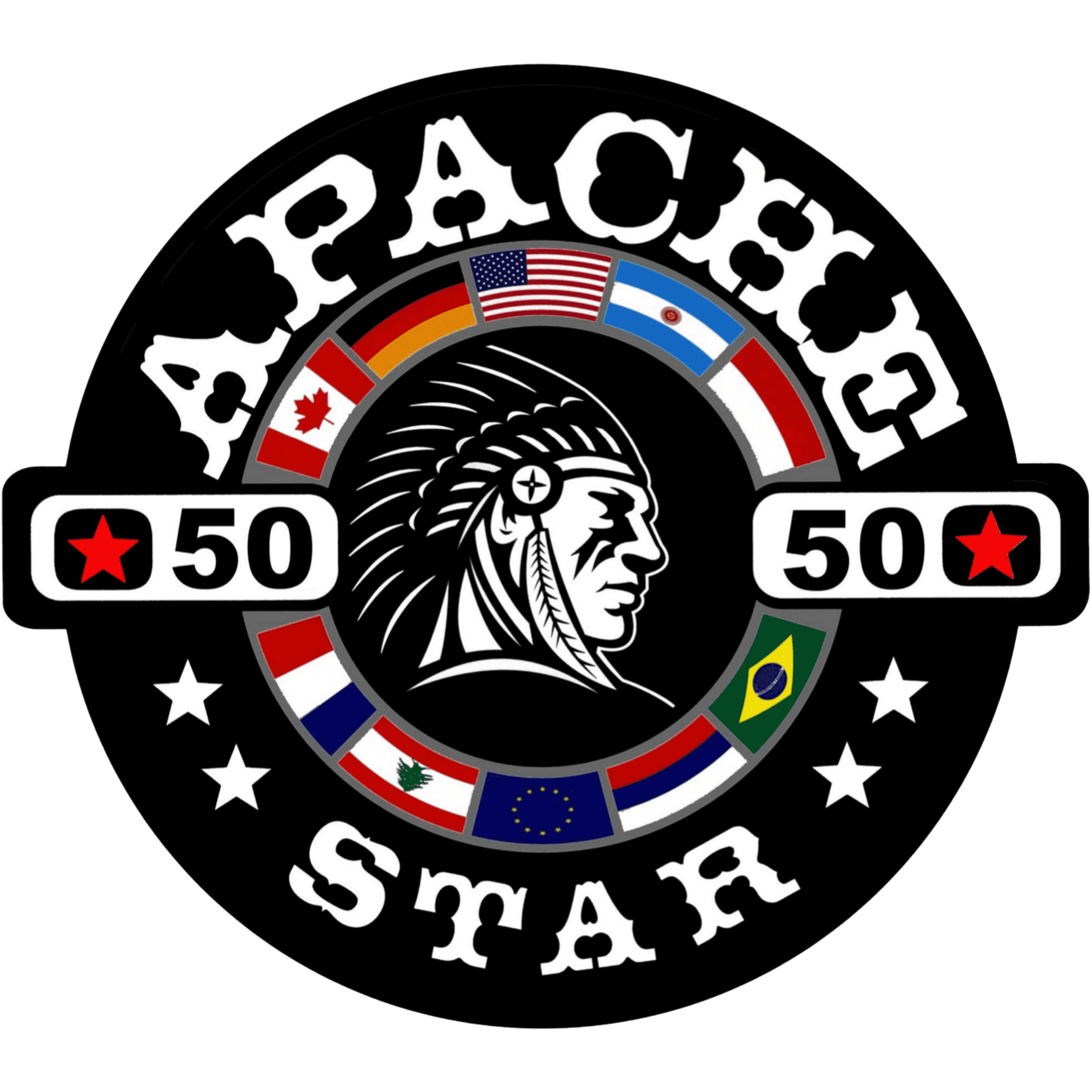
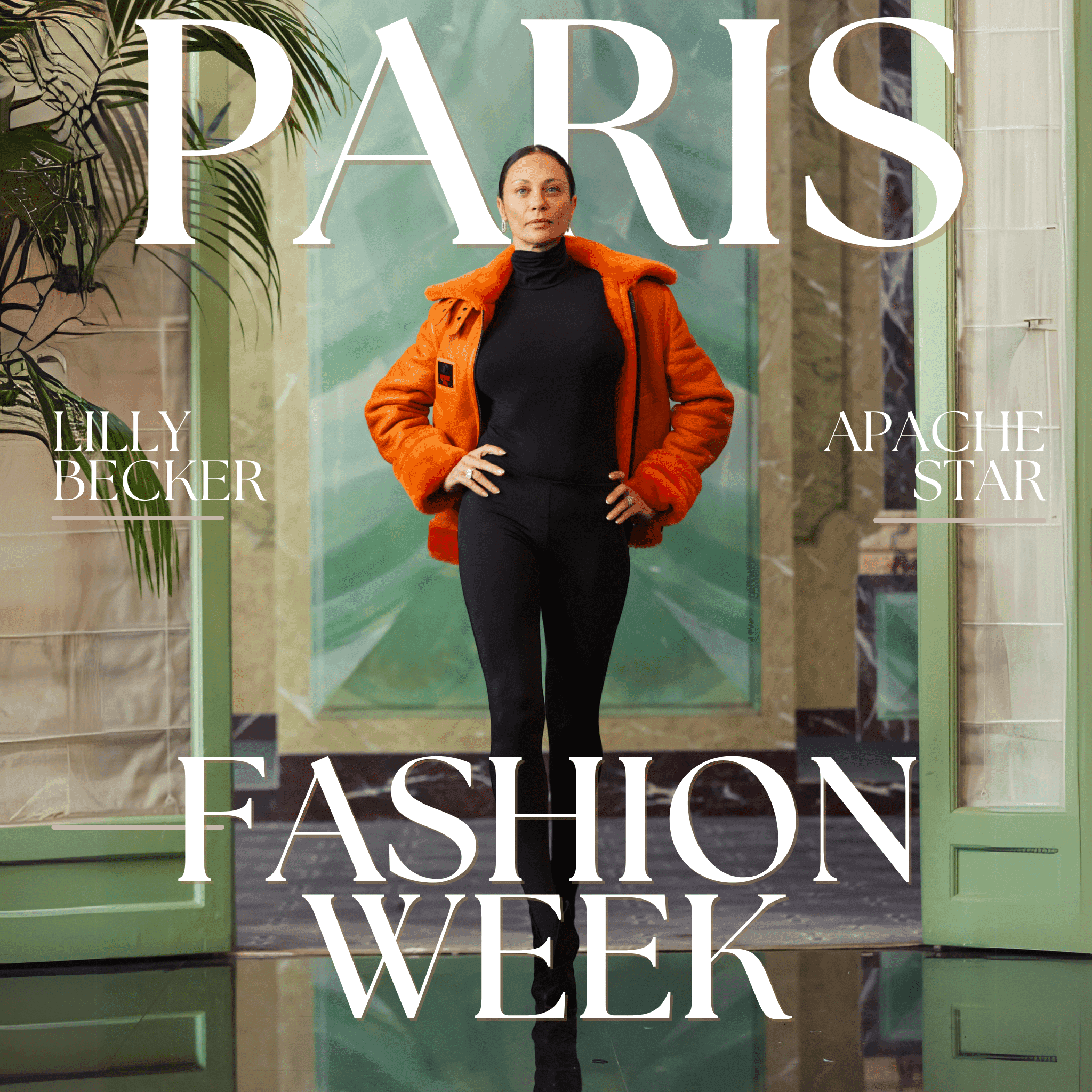
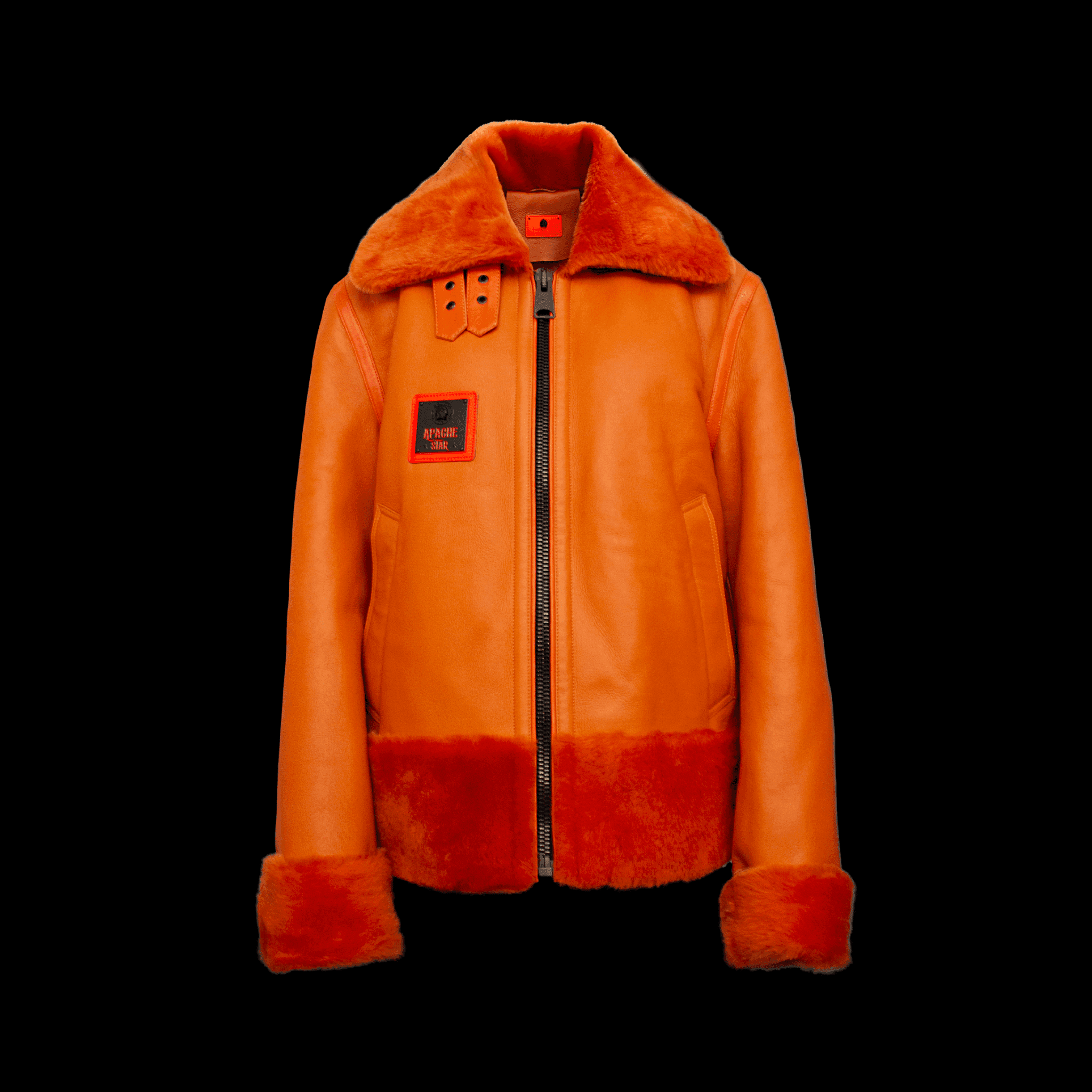


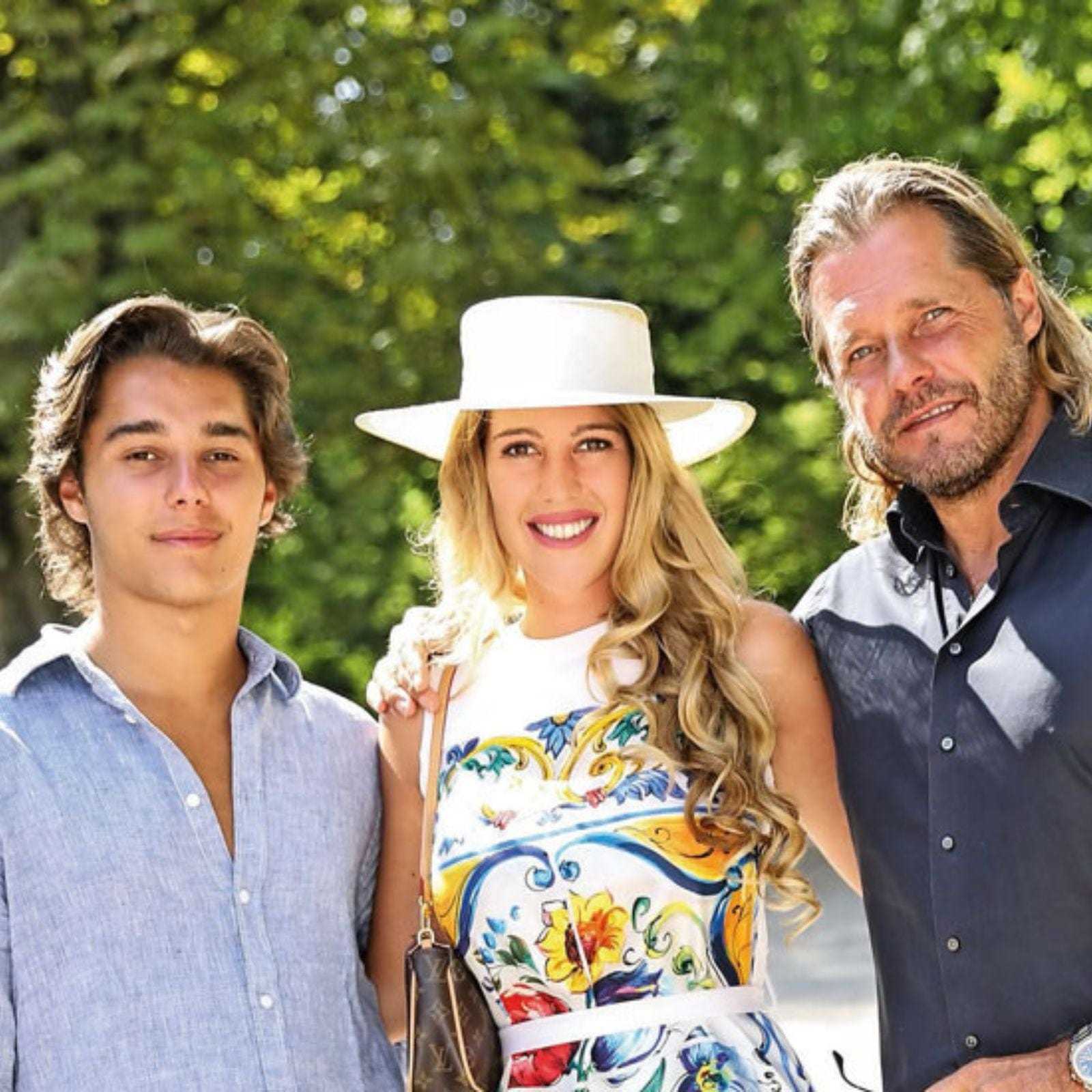
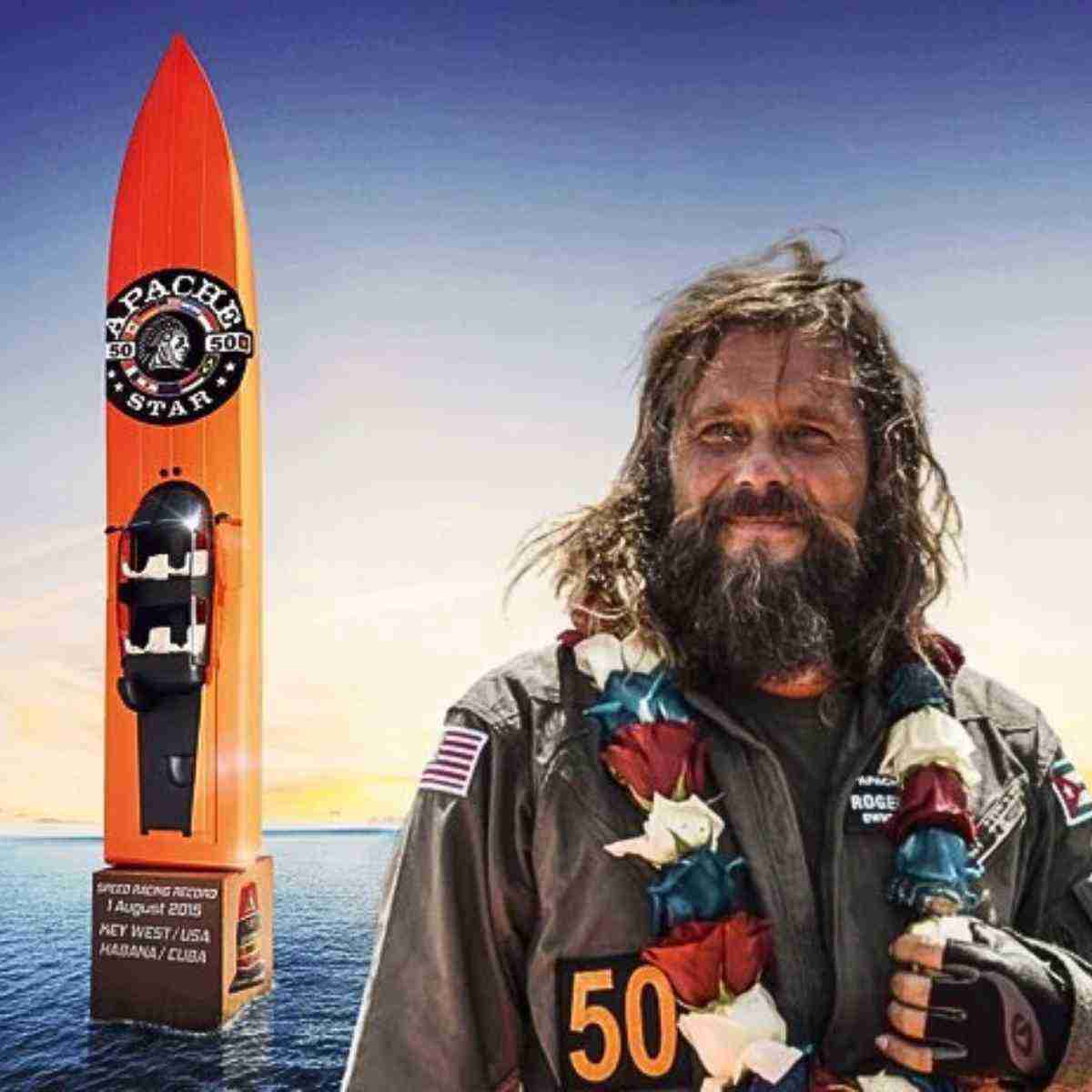
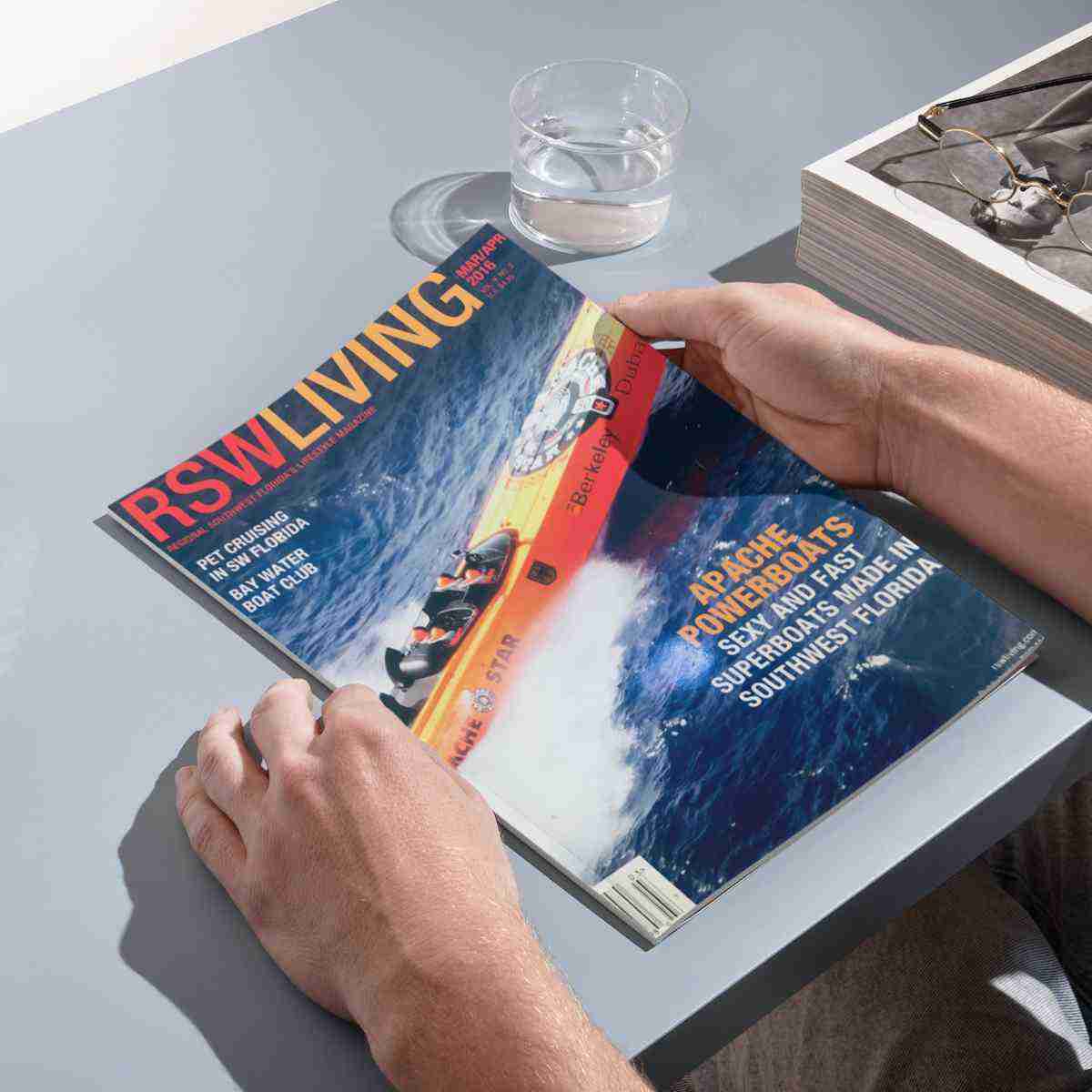
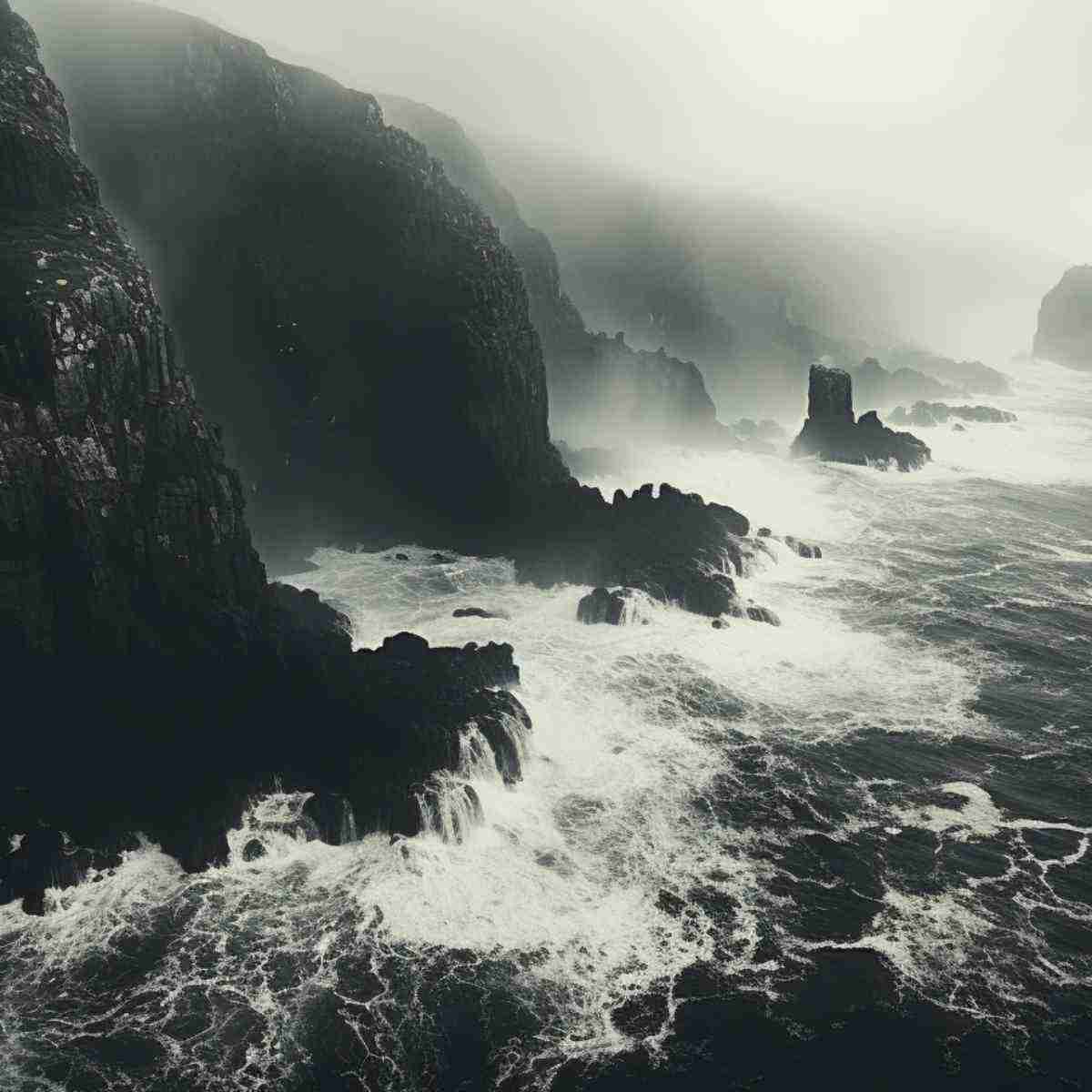
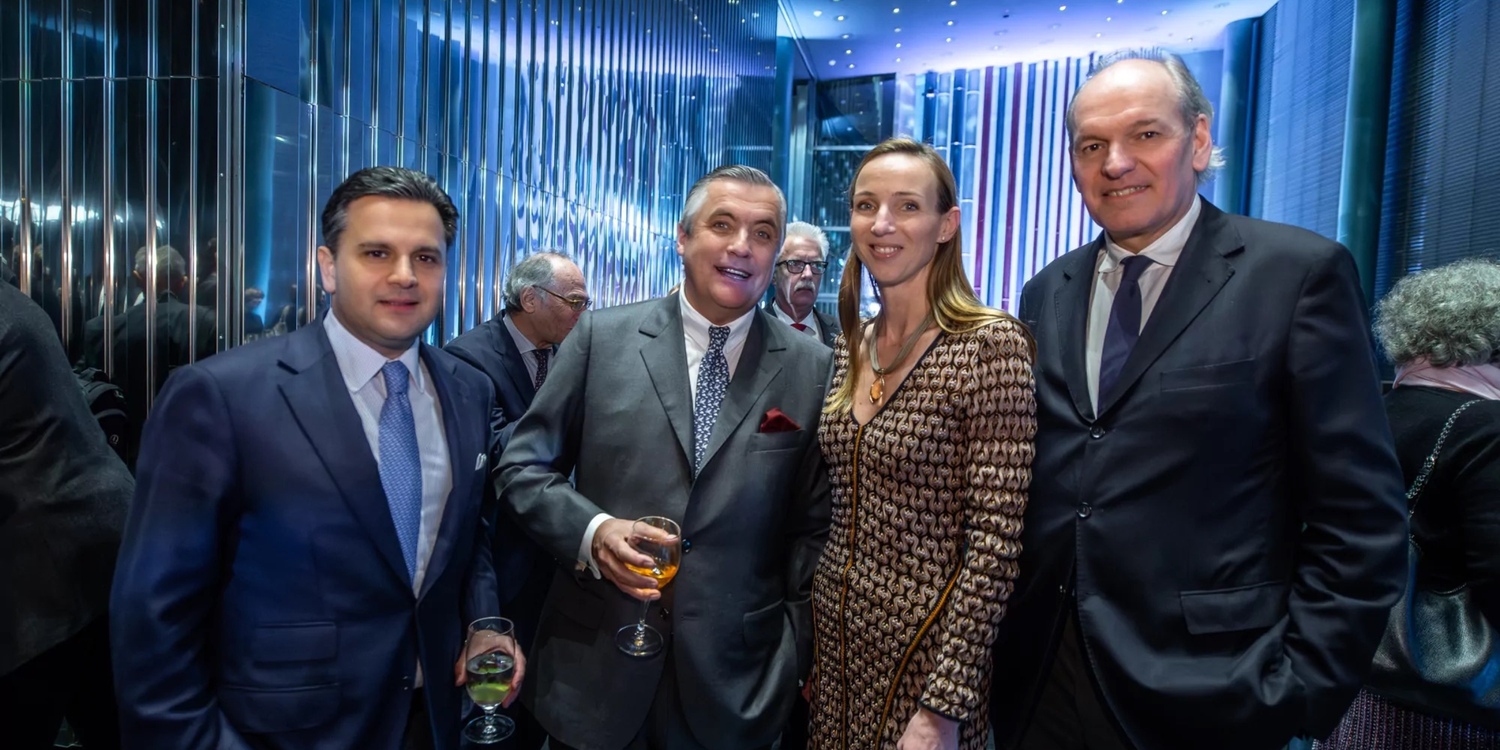
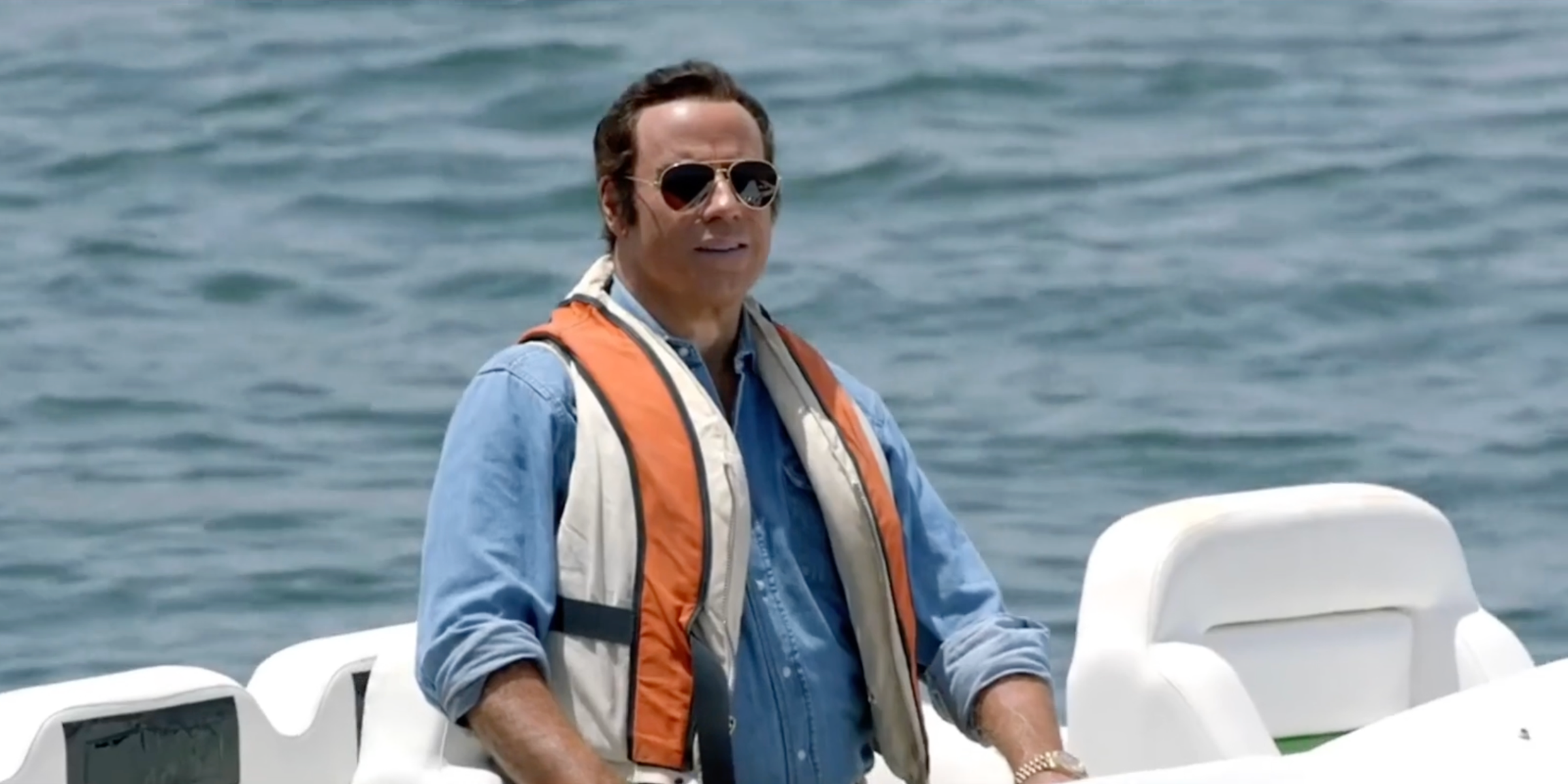
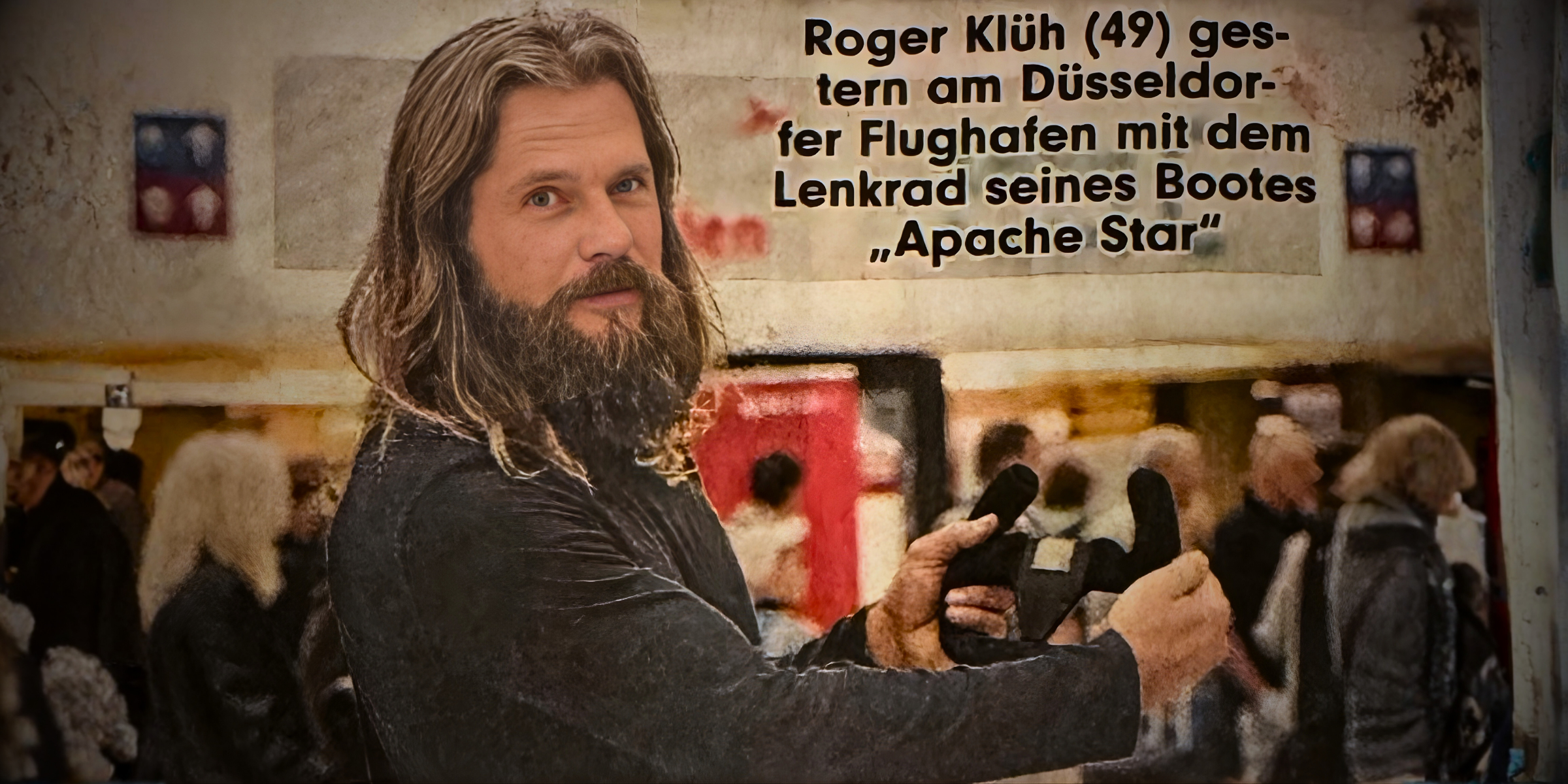
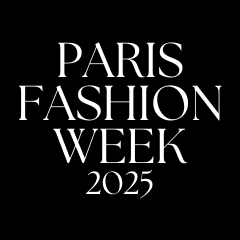

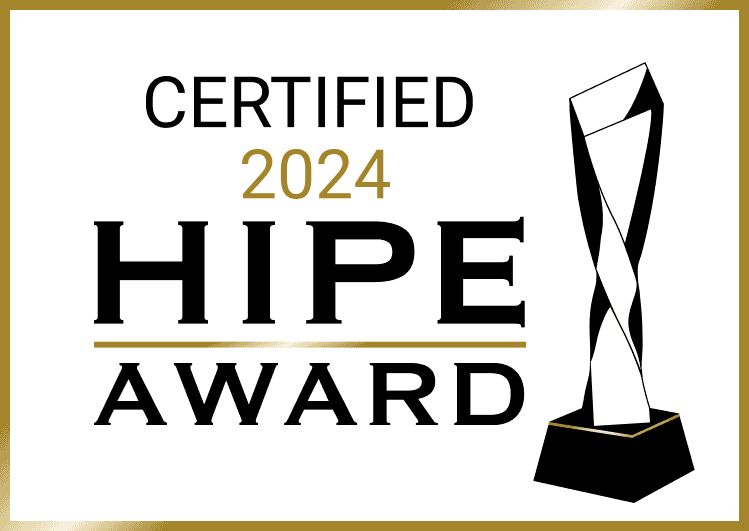
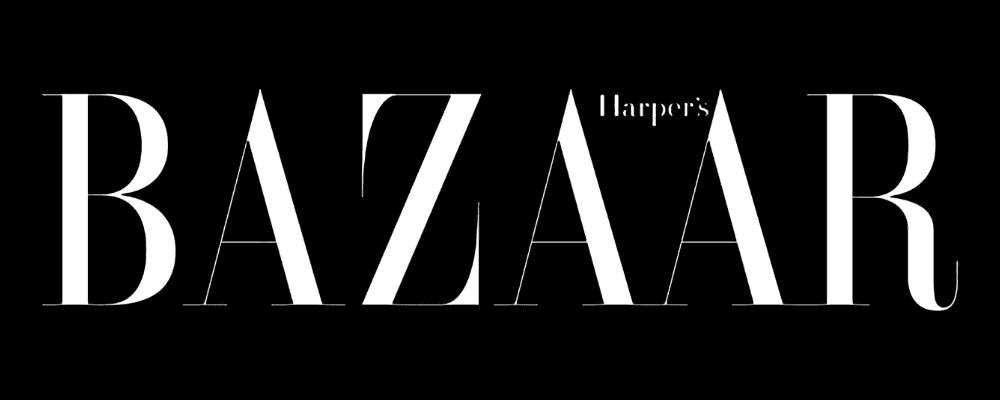
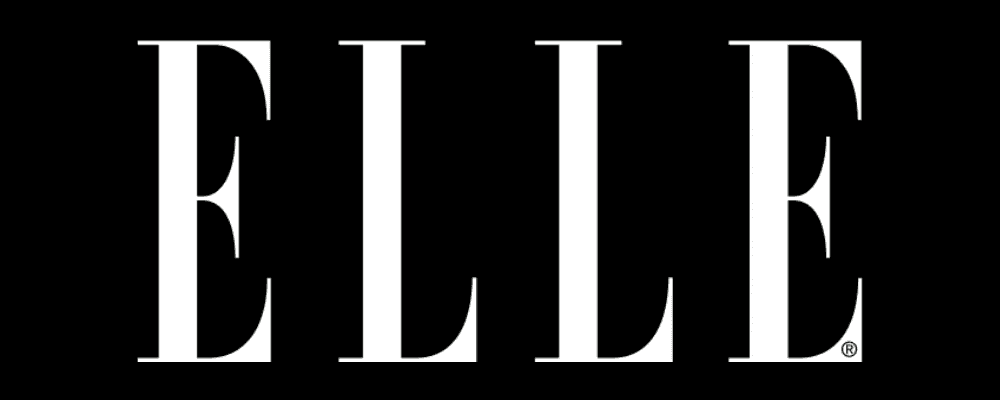
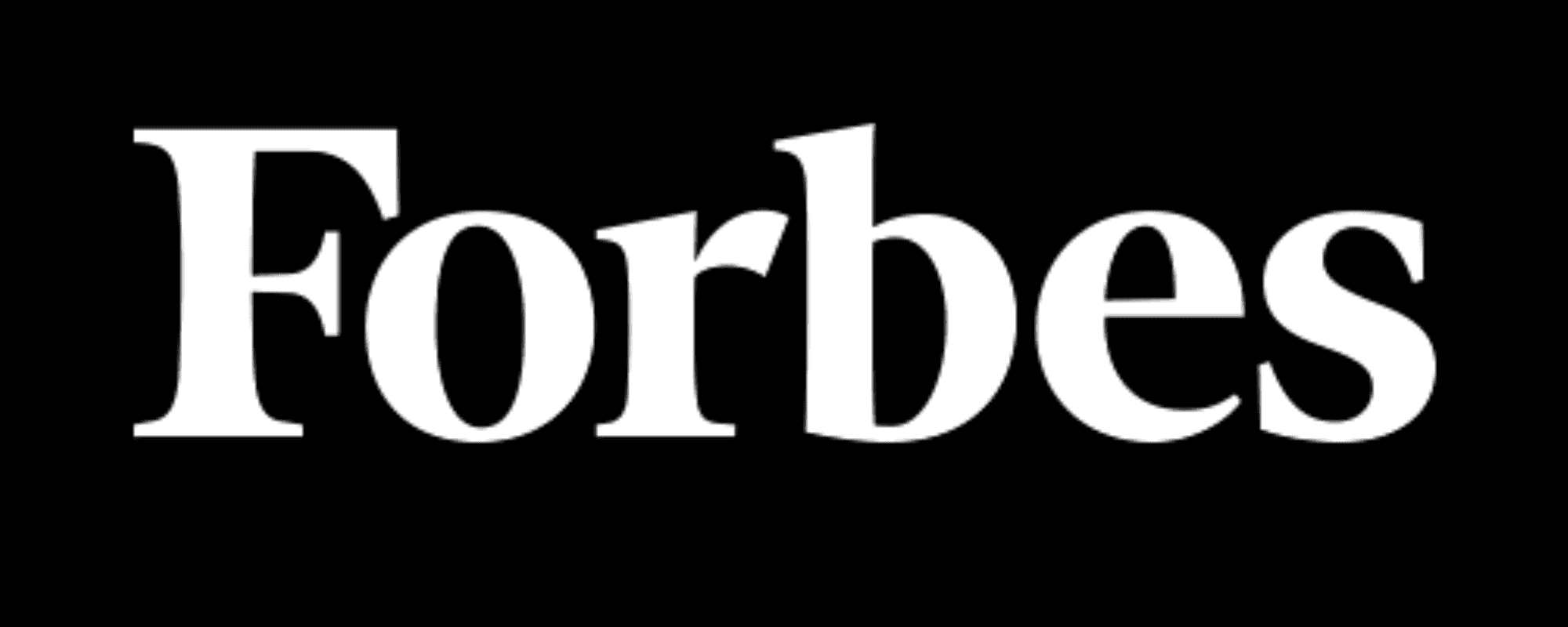

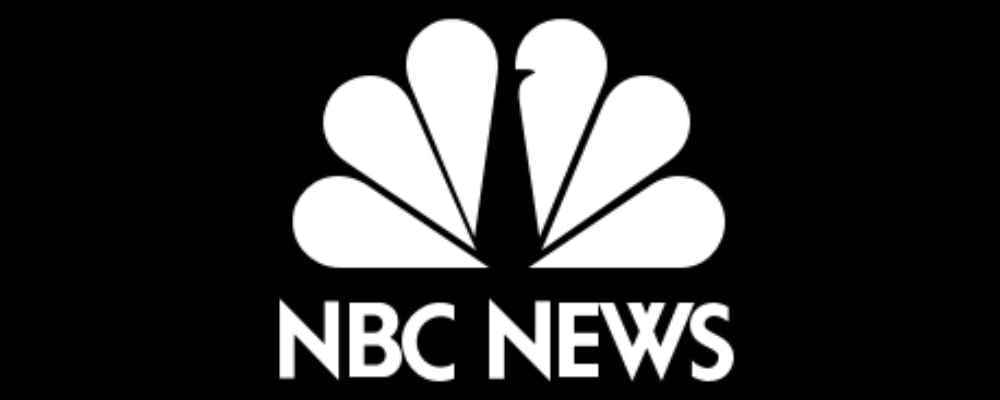
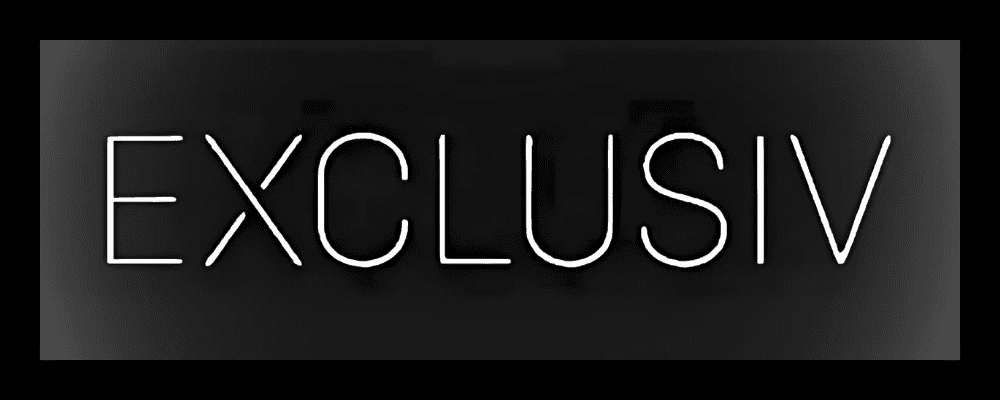
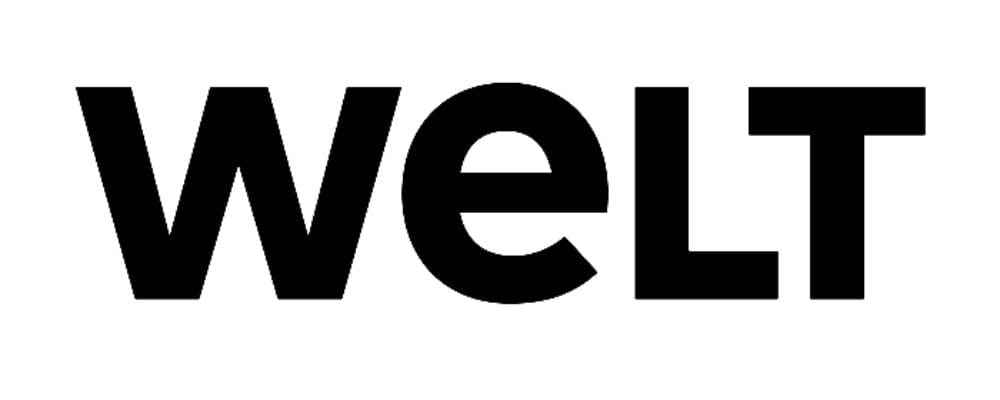

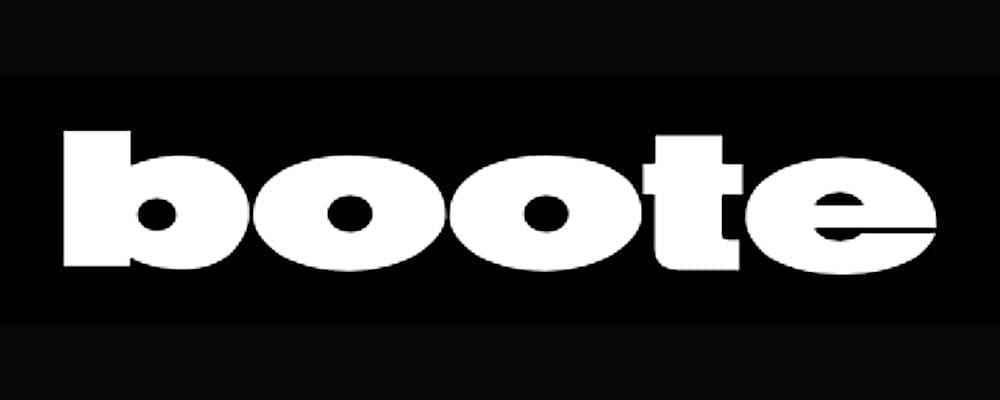
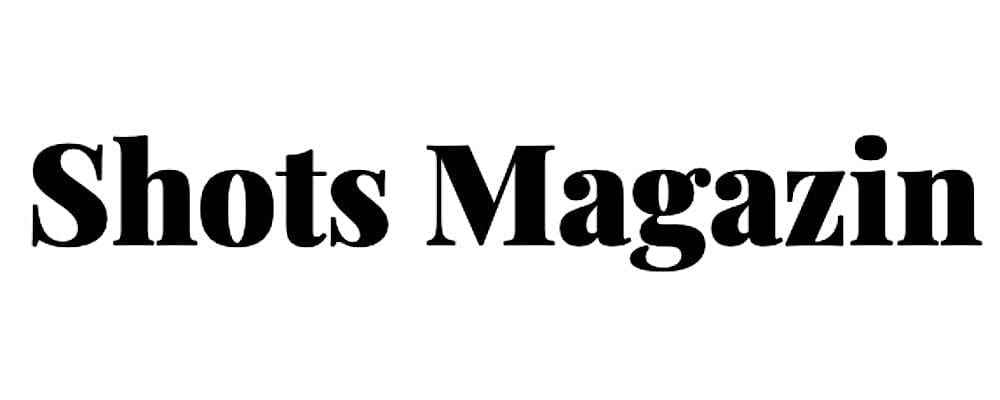

Leave a comment
This site is protected by hCaptcha and the hCaptcha Privacy Policy and Terms of Service apply.